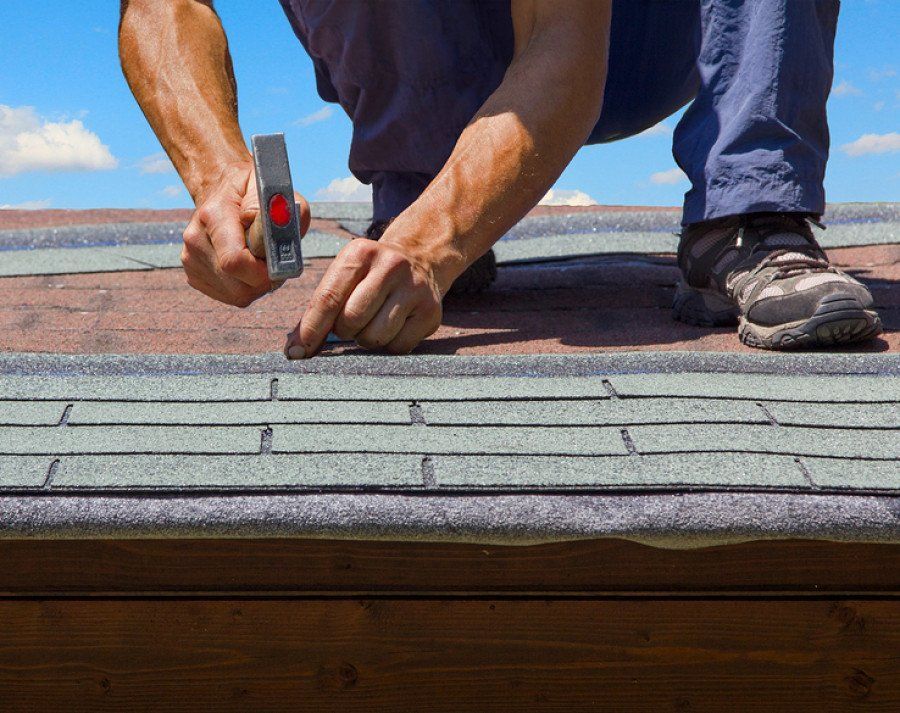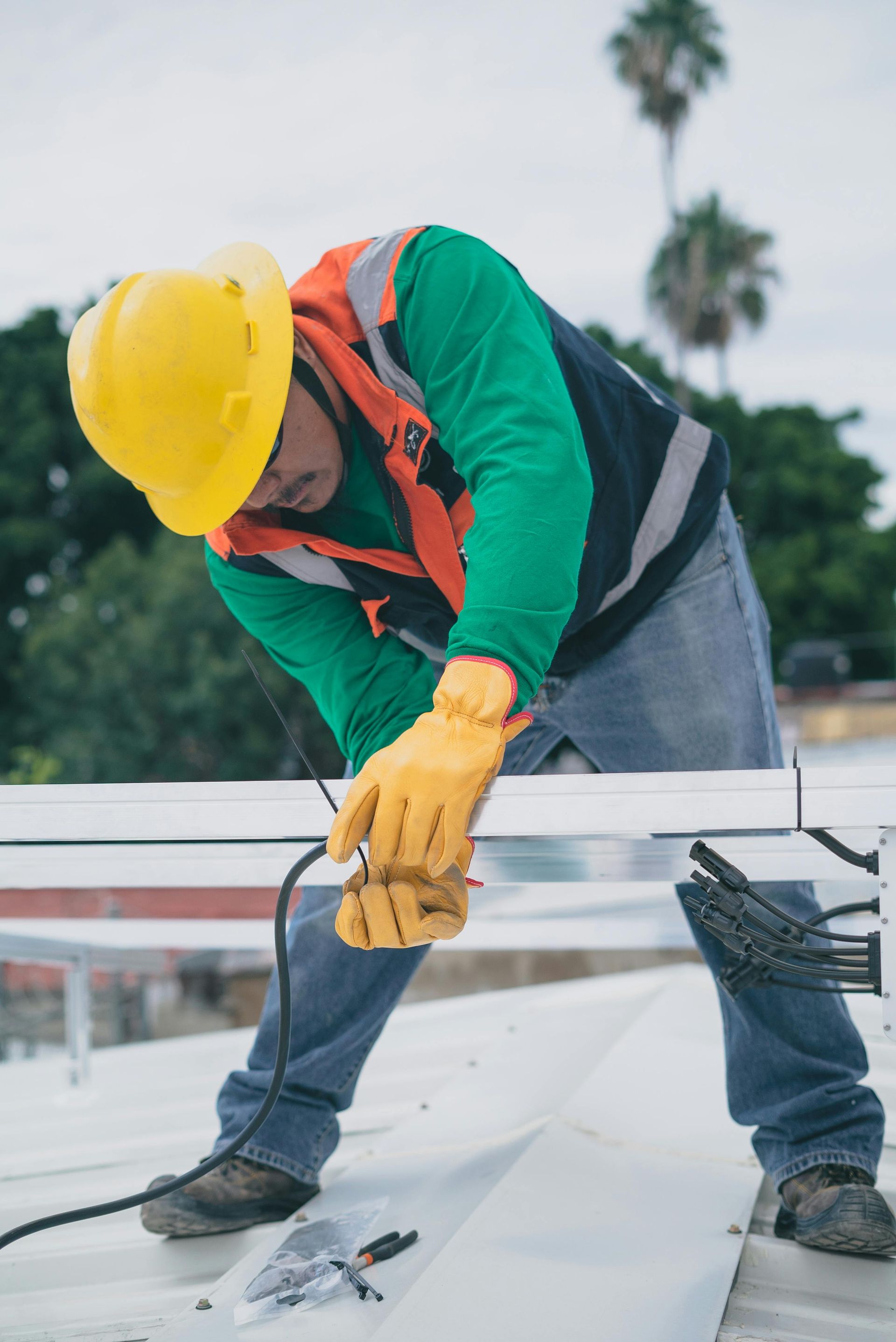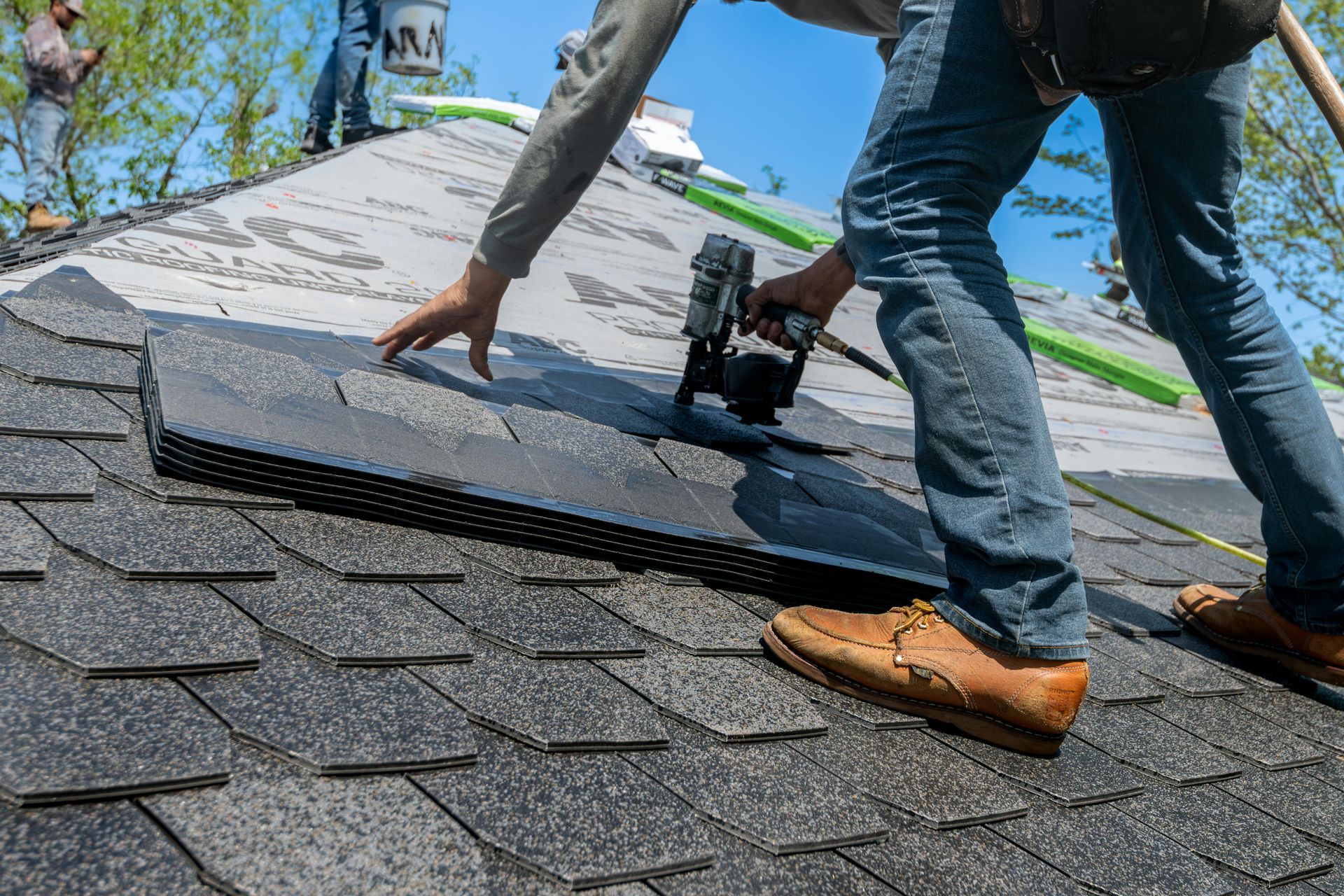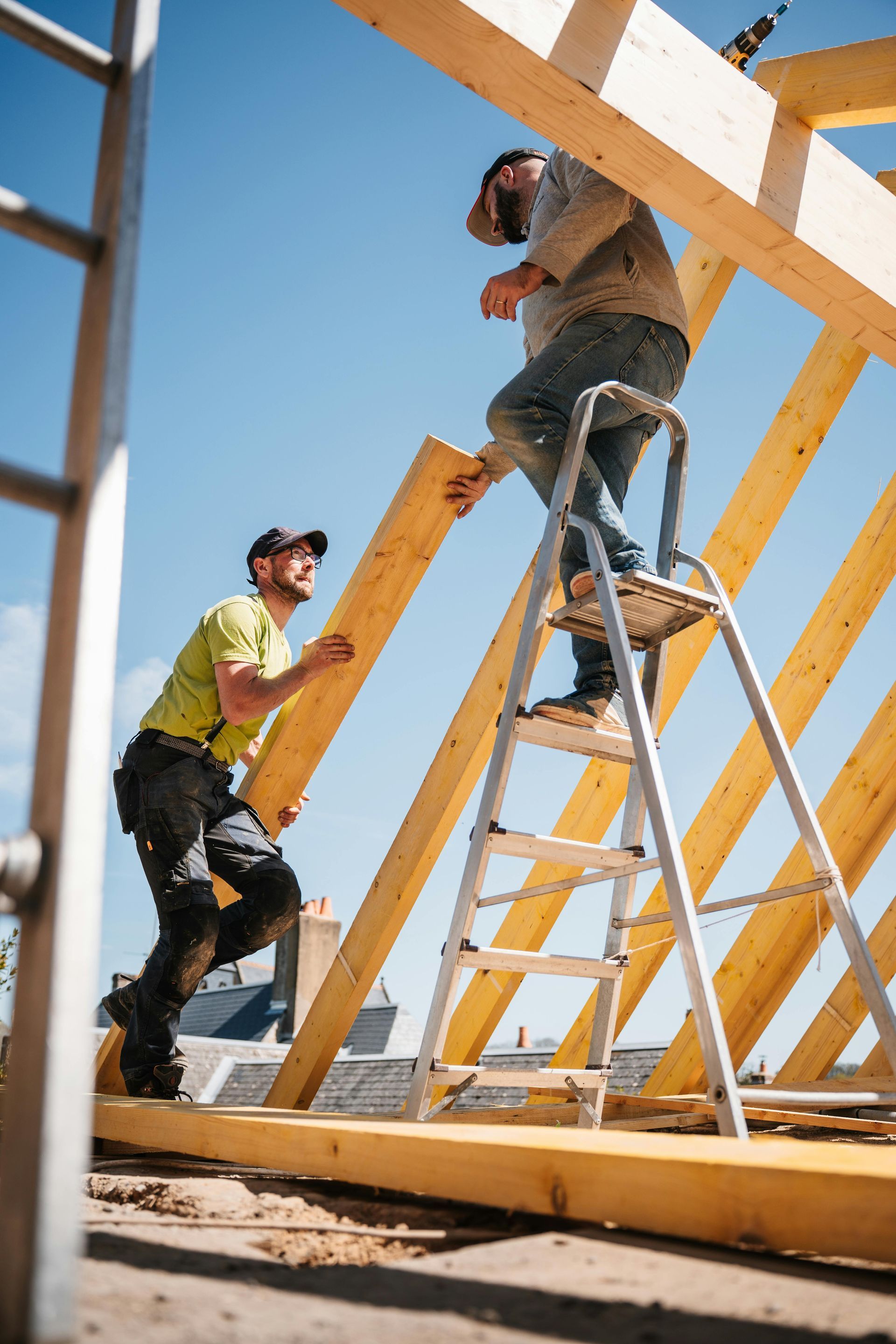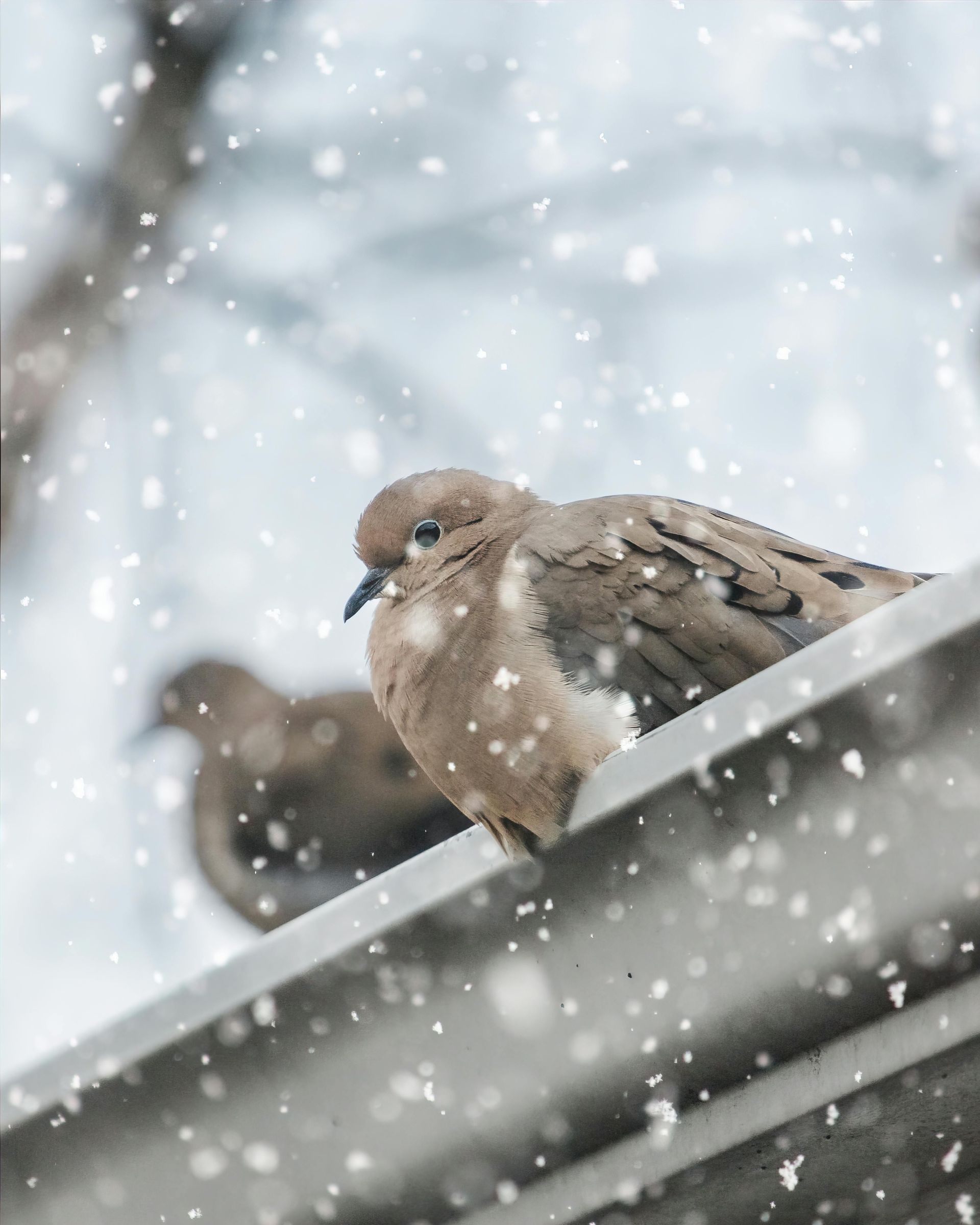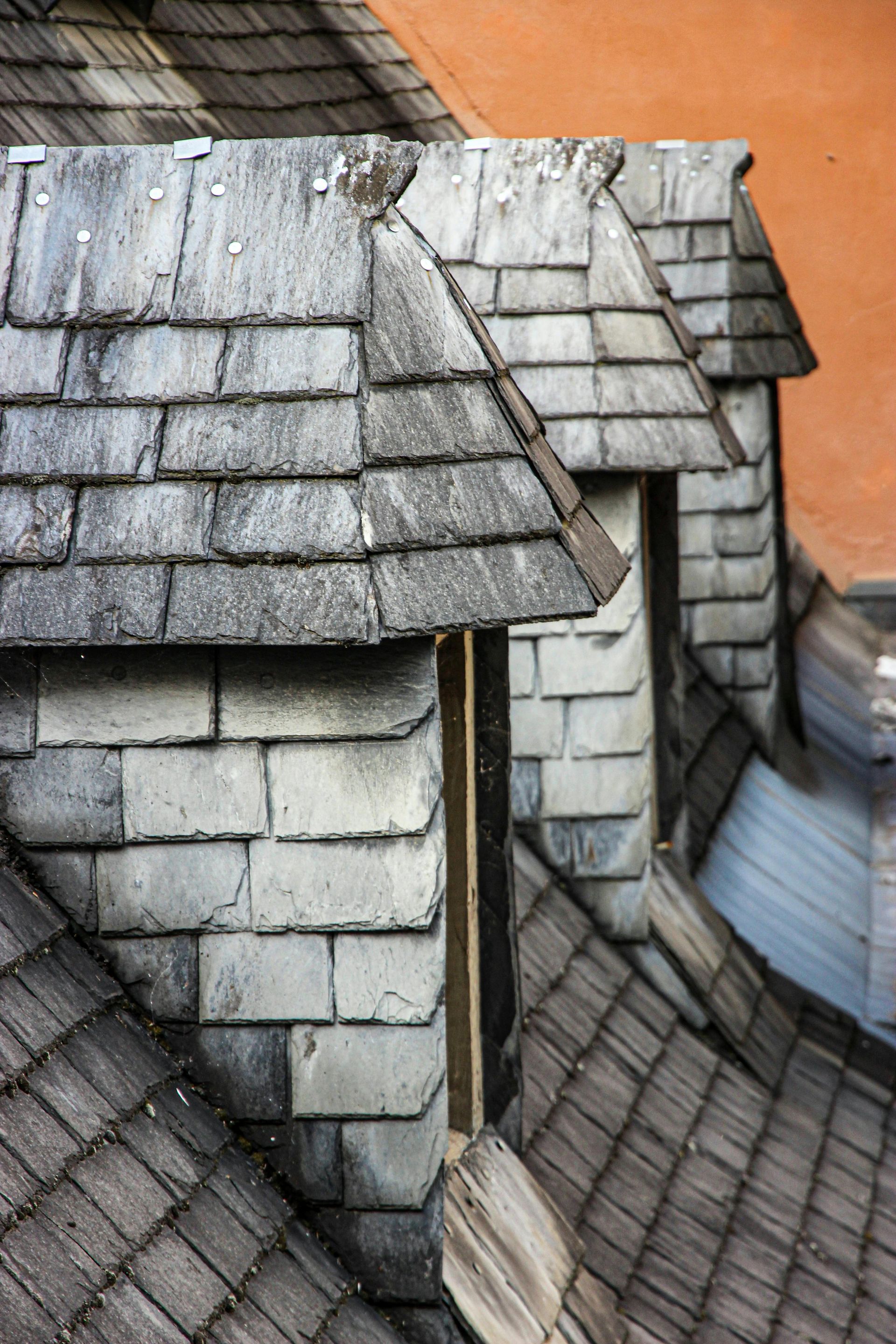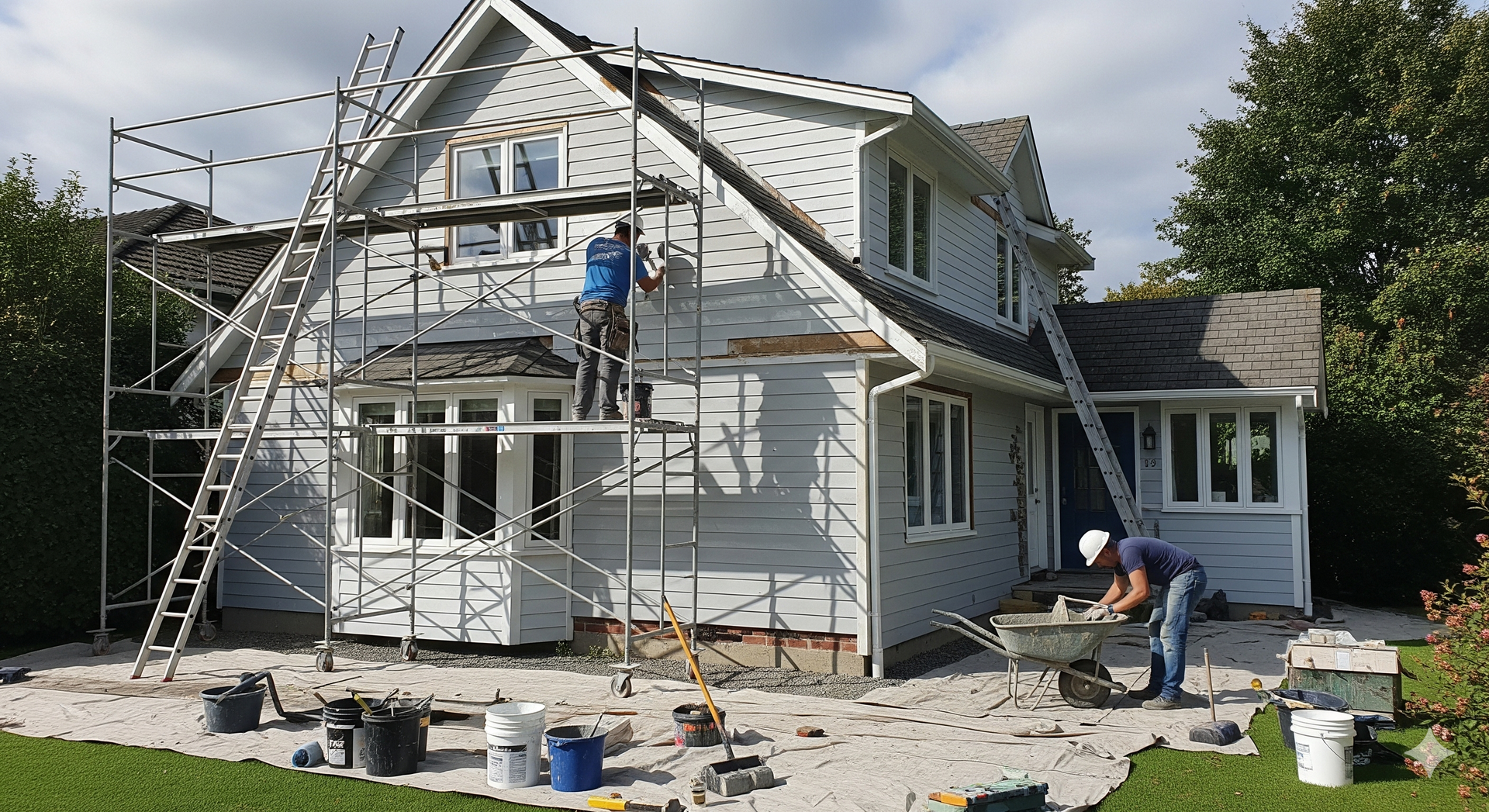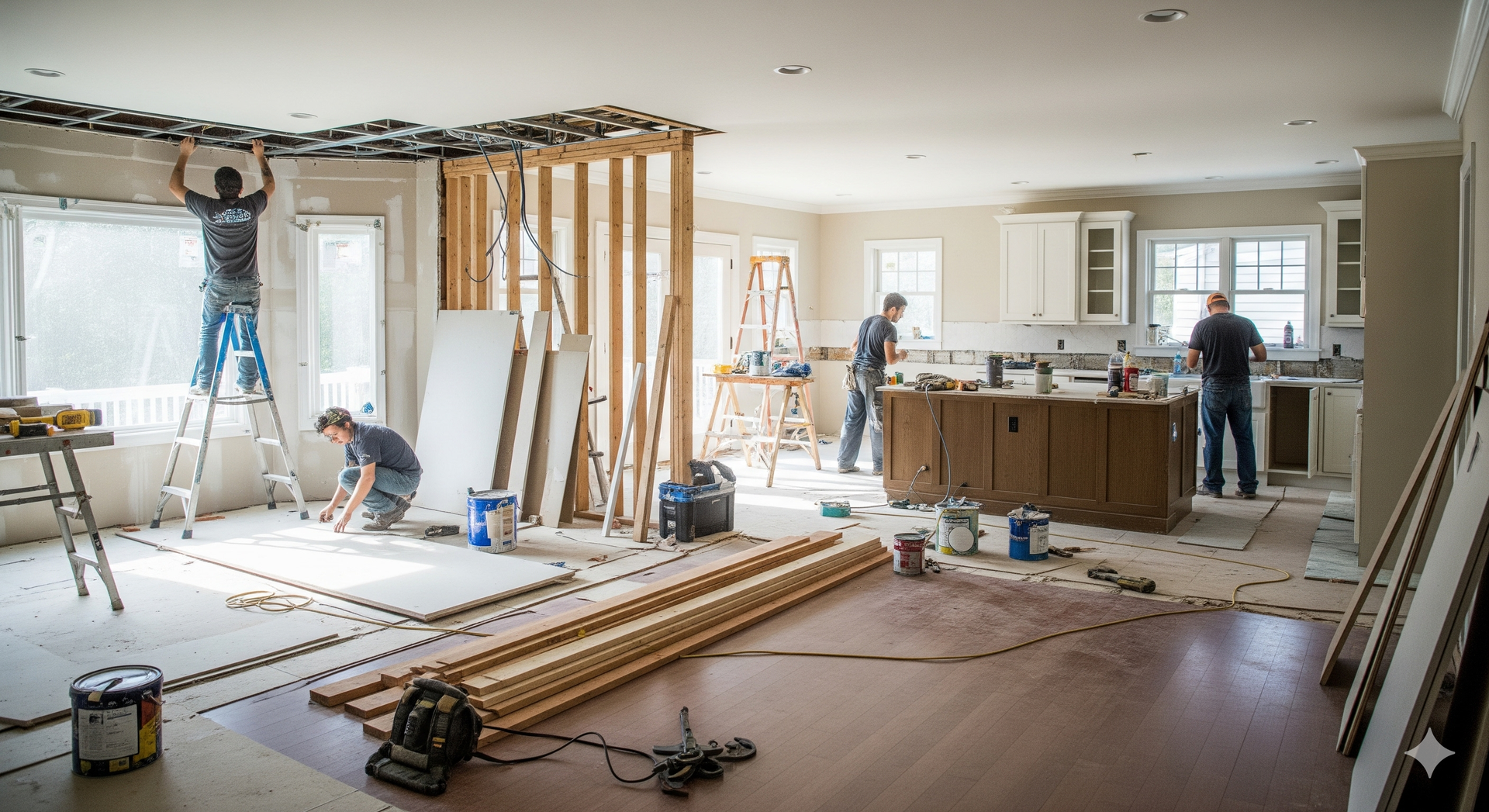How to Prepare Your Roof for Harsh Pennsylvania Winters
Pennsylvania winters are known for their biting cold, heavy snow, and ice storms that can wreak havoc on unprepared roofs. From Pittsburgh’s lake-effect snow to Philadelphia’s freezing rain, the state’s diverse climate demands proactive roof maintenance to prevent costly damage. Preparing your roof for winter is not just about avoiding leaks; it’s about ensuring your home remains safe, energy-efficient, and structurally sound. This guide provides a comprehensive approach to winterizing your roof, offering exterior repair services to protect your home from Pennsylvania’s harsh winter conditions. By taking action now, you can save time, money, and stress when the snow starts to fall.
Key Takeaways
- Regular roof inspections can identify issues before they worsen in winter.
- Clearing debris and maintaining gutters prevent ice dams and water backup.
- Addressing small repairs early avoids costly damage during harsh weather.
- Proper insulation and ventilation reduce energy loss and ice buildup.
- Hiring professionals for complex tasks ensures safety and quality.
Winter preparation extends your roof’s lifespan and protects your home.
Why Pennsylvania Winters Demand Roof Preparation
Pennsylvania’s winters are uniquely challenging due to the state’s varied geography and weather patterns. Western regions like Erie face heavy snowfall from Lake Erie, while eastern areas like Allentown deal with freezing rain and ice. Temperatures often dip below freezing, causing snow to accumulate and ice to form on roofs. These conditions can lead to issues like cracked shingles, clogged gutters, and ice dams, which trap water and cause leaks. Without preparation, your roof may face structural damage, mold growth, or even partial collapse under heavy snow loads. Understanding these risks underscores the importance of proactive maintenance tailored to Pennsylvania’s climate.
Conduct a Thorough Roof Inspection
A detailed roof inspection is the first step to winter readiness. Start by examining your roof from the ground using binoculars to spot obvious issues like missing shingles or damaged flashing. Look for signs of wear, such as cracked, curled, or blistered shingles, which are vulnerable to wind and ice. Check metal roofing components like flashing around chimneys and vents for rust or gaps. If you’re comfortable using a ladder, inspect areas up close, but prioritize safety and avoid climbing onto steep or slippery roofs.
For a comprehensive inspection, consider hiring a professional roofer. They can identify subtle issues, such as weak spots in the underlayment or deteriorating seals, that may not be visible to the untrained eye. Schedule inspections in early fall to allow time for repairs before winter sets in. Regular inspections can catch problems early, saving you from expensive repairs during or after a storm.
Clean and Maintain Gutters
Gutters play a critical role in directing water away from your roof and home. Clogged gutters can lead to ice dams, where melting snow refreezes at the roof’s edge, trapping water and causing leaks. In Pennsylvania, where snow and ice are common, clean gutters are essential. Start by removing leaves, twigs, and debris using gloves and a scoop. Flush gutters with a hose to ensure proper drainage and check for leaks or loose sections.
Install gutter guards to reduce debris buildup and make future maintenance easier. Ensure downspouts direct water at least 5-10 feet away from your foundation to prevent flooding or erosion. Regularly cleaning and maintaining gutters in fall and early winter helps your roof handle heavy snow and rain effectively.
| Gutter Maintenance Checklist | Purpose |
|---|---|
| Remove debris (leaves, twigs) | Prevents clogs and ice dams |
| Flush with water | Ensures proper drainage |
| Check for leaks or loose sections | Maintains structural integrity |
| Install gutter guards | Reduces future debris buildup |
| Extend downspouts | Protects foundation from water |
Repair and Replace Damaged Components
Addressing small issues before winter can prevent major problems. Replace missing or damaged shingles to maintain a watertight barrier. Seal cracks or gaps in flashing with roofing cement to prevent leaks around chimneys, vents, or skylights. Check the roof’s underlayment for tears or exposure, as this layer provides critical protection against water infiltration.
For older roofs, consider a professional assessment to determine if
replacement is necessary. In Pennsylvania, asphalt shingles typically last 20-30 years, but harsh winters can accelerate wear. If your roof is nearing the end of its lifespan, replacing it before winter can prevent emergency repairs during freezing conditions. Always use high-quality materials suited for cold climates to ensure durability and
extend the life of your roof.
Insulate and Ventilate Your Attic
Proper attic insulation and ventilation are key to preventing ice dams and maintaining energy efficiency. Inadequate insulation allows heat to escape from your home, melting snow on the roof and causing it to refreeze at the eaves. This creates ice dams that trap water and damage your roof. Ensure your attic has sufficient insulation, ideally R-38 to R-60 for Pennsylvania’s climate, depending on your home’s age and structure.
Ventilation is equally important. Ridge vents, soffit vents, or gable vents allow cold air to circulate, keeping the roof’s temperature consistent and reducing ice buildup. Check that vents are clear of debris or insulation to function properly. If you’re unsure about your attic’s setup, consult a professional to assess and improve insulation and ventilation before winter.
Trim Overhanging Branches
Trees near your home can pose a risk during Pennsylvania’s winter storms. Heavy snow or ice can cause branches to snap, damaging your roof or shingles. High winds, common in areas like Harrisburg, can also whip branches against your roof, causing abrasions or punctures. Trim branches that hang over or near your roof, ideally keeping them at least 10 feet away from your home.
Hire a professional arborist for large or high branches to ensure safe removal. While trimming, inspect for signs of tree damage, such as rot or weak limbs, that could worsen in winter. Removing these risks protects your roof and prevents costly repairs from storm-related damage.
Prepare for Snow and Ice Removal
Heavy snow accumulation can strain your roof, especially if it exceeds 20 pounds per square foot, a common threshold for residential roofs. In areas like Scranton, where snowfall can exceed 50 inches annually, safe snow removal is critical. Use a roof rake to remove snow from the ground, focusing on the first 3-6 feet from the eaves to prevent ice dams. Avoid climbing onto a snowy or icy roof, as this is dangerous and can damage shingles.
For ice dams, avoid using sharp tools or ice melt products that can harm roofing materials. Instead, use calcium chloride or similar products sparingly to create channels for water to drain. If ice dams persist, consult a professional to address underlying ventilation or insulation issues.
Schedule Professional Maintenance
While DIY efforts are valuable, some tasks require professional expertise. A licensed roofer can perform detailed inspections, handle complex repairs, and ensure your roof meets local building codes. They can also apply treatments like waterproof coatings or sealants to enhance your roof’s resilience against Pennsylvania’s winter weather. Schedule maintenance in early fall to avoid the rush as winter approaches.
When choosing a contractor, verify their credentials, ask for references, and ensure they’re familiar with Pennsylvania’s climate challenges. A professional can provide peace of mind, knowing your roof is ready for snow, ice, and freezing temperatures.
Frequently Asked Questions
How often should I inspect my roof for winter preparation?
Inspect your roof at least twice a year, in spring and fall, to catch issues before winter. Additional checks after major storms can help identify new damage.
Can I clean my gutters myself, or should I hire a professional?
If you’re comfortable using a ladder and have the right tools, you can clean gutters yourself. For high or complex roofs, hire a professional for safety and thoroughness.
What are the signs of an ice dam on my roof?
Look for icicles along the eaves, water stains on interior ceilings or walls, or water pooling on the roof. These indicate potential ice dams that need attention.
How do I know if my roof needs replacing before winter?
Signs include widespread shingle damage, frequent leaks, or an age exceeding 20-30 years. A professional roofer can assess if replacement is necessary.
Are there specific roofing materials best suited for Pennsylvania winters?
Asphalt shingles with high wind resistance and impact-rated materials are ideal. Metal roofs also perform well in heavy snow and ice conditions.
Final Thoughts
Preparing your roof for Pennsylvania’s harsh winters is a proactive investment in your home’s safety and longevity. By inspecting your roof, maintaining gutters, repairing damage, and ensuring proper insulation and ventilation, you can prevent costly issues like leaks, ice dams, or structural damage. Trimming trees and planning for snow removal further protect your roof from the elements. While many tasks can be done yourself, professional roof repair ensures thorough preparation, especially for complex or risky jobs. Start these steps in early fall to give yourself ample time before the first snow falls. A well-prepared roof not only withstands Pennsylvania’s brutal winters but also keeps your home warm, dry, and secure all season long.

